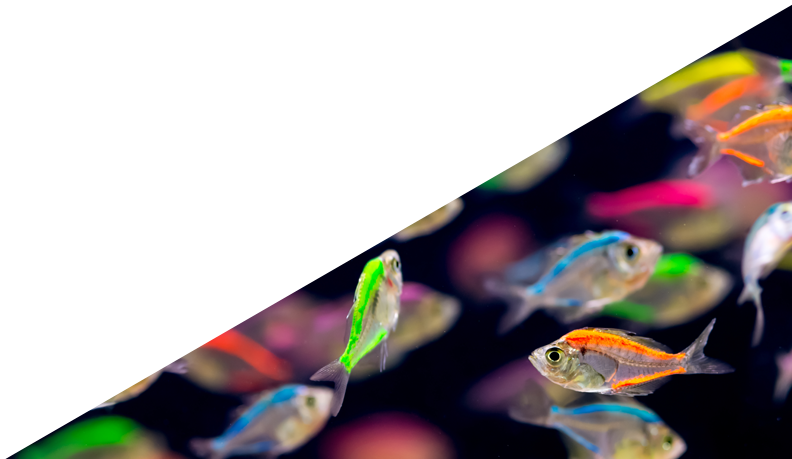Filtering by:
Build Adaptive Capacity
Edit Filters
150 Results
Build Adaptive Capacity
Human systems seek coherence, a sweet spot where the parts work together to help the system find productive equilibrium and balance with its environment. We have created a self-assessment to explore seven characteristics that describe coherence in your system.
Build Adaptive Capacity
In today’s world, we navigate widely different perspectives in many areas of our life. For example just consider politics, social perspectives, and economics. If nothing really is intractable, as the HSD tagline says, how can we step into conversations to find ways to move together, in spite of our differences?
Build Adaptive Capacity
There is no one HSD model that fits any given question or issue. Choosing the most helpful tool depends on the context of the situation, the people involved, and the choice of the person who is looking for help. In today’s blog post, Royce explores this idea applying four HSD models to each of the practices of Inquiry.
Build Adaptive Capacity
A couple of years ago, the HSD Institute engaged in a months-long process of strategic futuring. We took a long-range exploration of trends and possibilities in a number of areas. Through a process of data collection, analysis, and scenario planning, we identified possible opportunities in response to our initial question: “What will be the role of human systems dynamics in the year 2051?”
Build Adaptive Capacity
In our electronically networked world, change is constant. Everything from day-to-day experiences to global upheaval touches our lives and brings new challenges and opportunities. How do you cope in a world where it sometimes feels like there’s nothing you can count on—except change? In HSD we help people understand the nature of complex change and build capacity to move forward when they can neither predict nor control the future.
Build Adaptive Capacity
What would draw you to engage with a group of people (who are not family or even acquaintances) every weekday for 500 times? What kind of engagement helps you see into your greatest challenges with new eyes, seeing new possibilities? Who would have ever thought the answer would be, “Great questions”?


